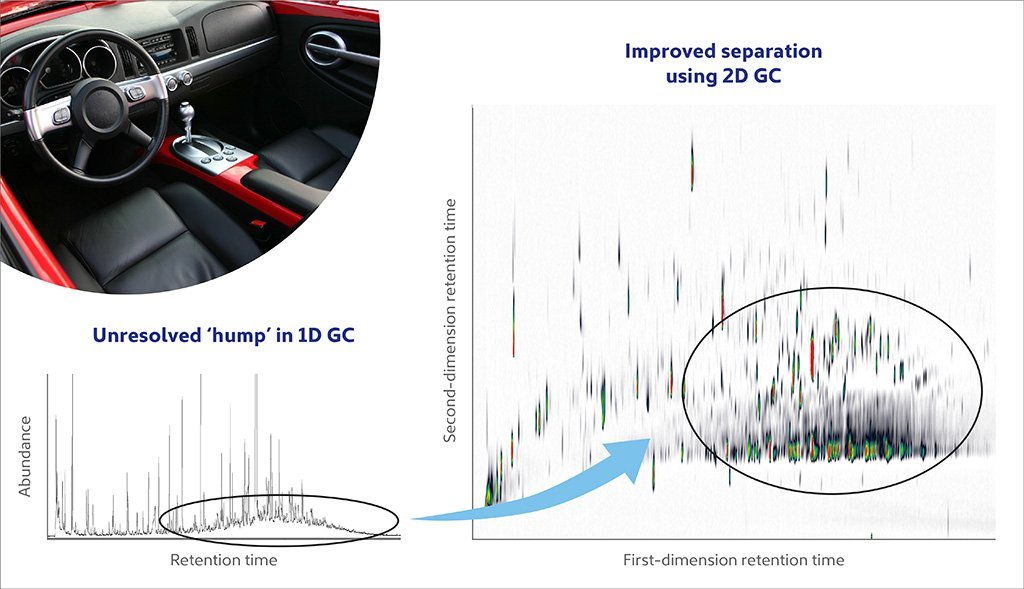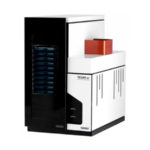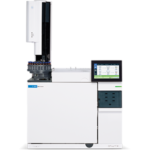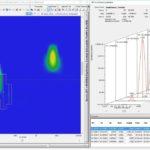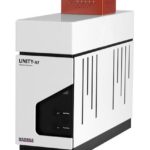The innovative GC × GC-TOF platform allows you to face new challenges with respect to sample composition, solve complex odor profiles and immediately analyze Target and Non-Target compounds in a single run.
There is an increased awareness of the potential health risks and unpleasant consumer experience that can be caused by emissions from materials – especially odorous chemicals.
The challenge:
- Screening of both targets and non-targets is required.
- Samples are typically solids, but sample preparation procedures must be kept simple.
- Analyses must be implemented as part of routine workflows, and must be applicable to QC labs.
Hidden compounds in complex odour profiles can be resolved, thanks to the high degree of analyte separation possible with GC×GC using our ‘Odours & emissions’ product package.
The solution:
- The TD100-xr™ thermal desorber provide efficient and flexible sampling of volatiles from materials, with enhanced sensitivity through preconcentration.
- INSIGHT® GC×GC flow modulation resolves co-elutions and ensures important compounds are not overlooked.
- BenchTOF™ mass spectrometers provide highly sensitive detection and high-quality spectra, for confident identification using commercial libraries.
- ChromSpace® software provides fully-automated workflows for unattended operation, with full instrument control and data-mining, as well as the ChromCompare+™ module for fast identification of batch-to-batch differences thanks to easy-to-use chemometrics.
The benefits:
- Faster analysis: Workflows are streamlined thanks to simple, solvent-free sampling of VOCs, SVOCs and thermally labile species.
- Future-proofing: Confident screening of targets and non-targets in a single run enables you to keep ahead of regulations, and adapt to expanding target lists.
- Robust quality control: Reliable identification of trace odorants and other compounds of concern means that you can be sure that nothing has been missed.
Comprehensive screening of volatile emissions from plastics
New car smell: Improved identification of odours in vehicle interior air
New car smell: This study demonstrates the discovery of odour compounds using thermal desorption (TD) with GC×GC–TOF MS. This solution provides
target and non-target screening of car trim components on a single platform, for advanced analysis of vehicle interior air quality (VIAQ).



